How to Handle Seasonal Skin Changes
Seasonal skincare can be tricky to navigate. Just when you think that you’ve finally managed to put together the perfect skincare routine, the seasons change, meaning that your skincare routine needs to do the same. After all, each season heavily influences your skin’s needs – if you don’t adapt your routine to those changing seasons/needs, your complexion will end up suffering.
What, exactly, do those changes involve, and how should you adjust your routine? Read on as Venofye explains more.
Adjust How You Cleanse
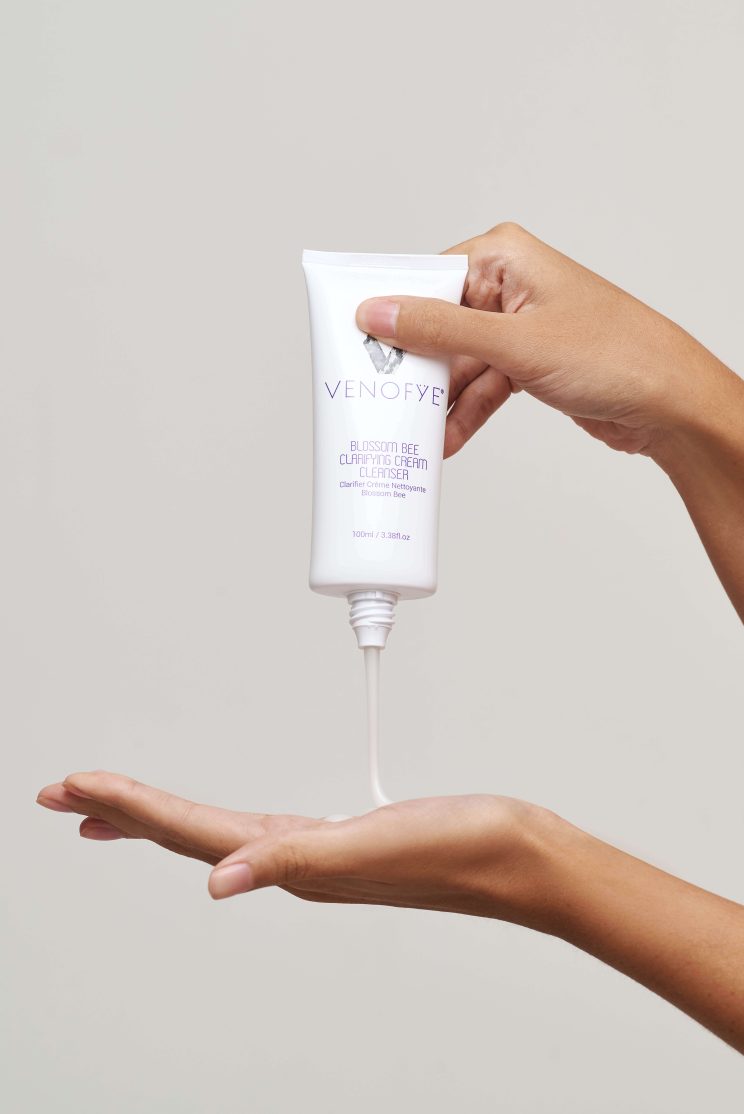
The purpose of cleansing is to remove harmful irritants, toxins, and other impurities from the skin’s surface to prevent them from delving deeper and causing free radical damage. Cleansing also removes excess oil from the skin, saving you from dealing with clogged pores and breakouts. How you cleanse should depend on how powerful a cleanse your skin needs, and this is something that the seasons greatly influence.
In the summer months, the skin produces more sebum, as well as sweat. Both are triggered by heat and humidity, which are abundant in the summer. This gives the skin a relatively thick layer of grime on its surface, which can call for quite a powerful cleanser. Those with oily skin types may also want to consider double cleansing in the summer months. This can be a good way to thoroughly remove excess grease.
In the colder months, however, sebum and sweat production usually decline. Your skin barrier will also be more vulnerable to moisture loss and damage. Although your skin will still need to be cleansed, it won’t need as deep a cleanse as it did in the summer months. This is especially the case if your skin type is dry or sensitive. You’ll need to ensure that your winter cleanser, which you should start using in the fall, contains plenty of moisturizing ingredients. The Venofye Blossom Bee Clarifying Cream Cleanser is one that will leave your skin feeling unbelievably soft and supple.
Switch Up Your Exfoliator
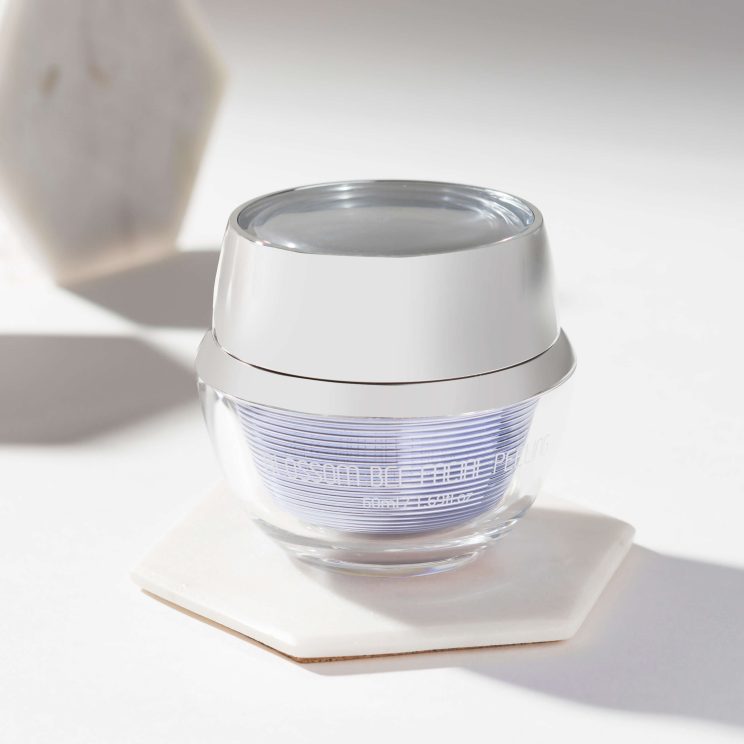
As you can imagine, if your cleanser needs to be swapped around with the seasons, then your exfoliator does too. After all, exfoliation is essentially a more intense form of cleansing. Exfoliators work on a slightly deeper level of the complexion, meaning that failing to take the current season into account when deciding which exfoliator to use could have serious consequences for your skin.
So, how should the seasons influence your exfoliator? In the same way they do your cleanser. In the summer months, you may need a more powerful exfoliator to tackle the extra oil your skin produces. If your skin type is oily, this could mean turning to a product with a relatively high concentration of exfoliating acids. You would then need to switch to a gentler formula, like the Venofye Blossom Bee Facial Peeling, in the colder months when sebum production slows down.
If your skin type is dry or sensitive, you could stick to the same exfoliator year-round. However, to cater to your skin’s seasonal changes in sebum production and barrier function, you would need to adjust how often you exfoliate. You won’t need to exfoliate as often in the winter as you do in the summer. Instead, the winter months call for a much gentler approach to skincare.
Consider Your Skin’s Hydration Needs
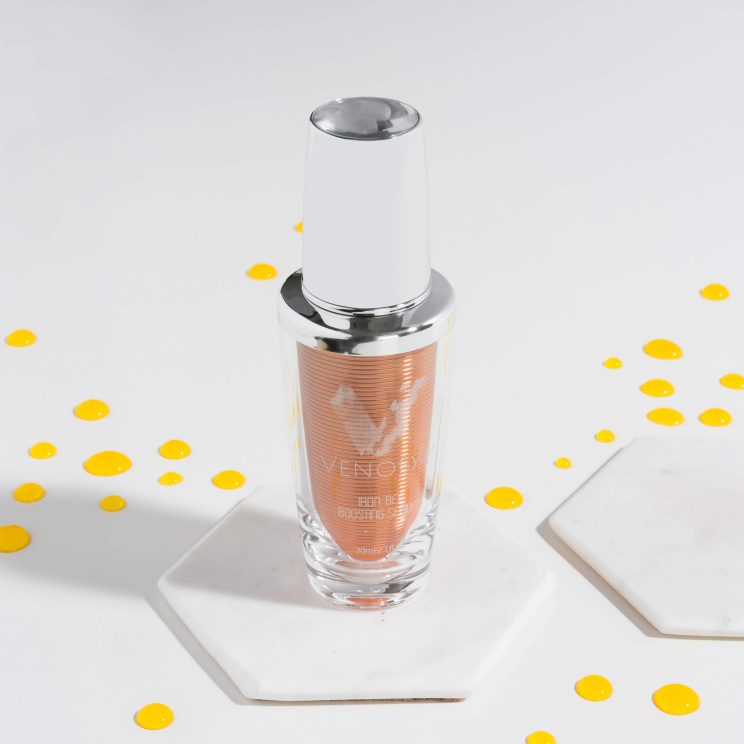
Hydration is a crucial part of maintaining a healthy complexion. Without enough moisture, your skin cells won’t be able to function properly in any regard. However, your skin’s hydration levels can seriously fluctuate as the year goes on, which is why a seasonal skincare approach is necessary to keep things in check.
Let’s start by talking about the colder months. At this time of year, the air is much drier. The drier the air around you, the faster moisture will be pulled out of your skin. This means that plenty of hydration is a must. Sandwiching a hydrating serum, like the Venofye Iron Bee Boosting Serum, into your skincare routine will help to give your skin an extra layer of moisture.
Face masks are another great way to boost hydration in the colder months. Since moisture loss increases even further overnight, adding a hydrating overnight mask to your skincare routine can help to bring about a dewier complexion the next morning. The Venofye Beehive HydraLift Mask would be a great choice. It’s infused with sodium hyaluronate, squalane, aloe vera, peptides, and bee venom, all of which have an intensely hydrating effect on the skin.
In the warmer months, when humidity increases, you won’t need to worry about dehydration quite so much. With that said, this all depends on your lifestyle. If you spend a lot of time out in the sun, be wary of the dehydrating effect that UV rays can have on your skin. The same can be said if you spend a large amount of time in an air-conditioned environment. In this case, the air around you will be dry, just like it is in the winter, making extra hydration necessary.
Think About Your Skin Barrier
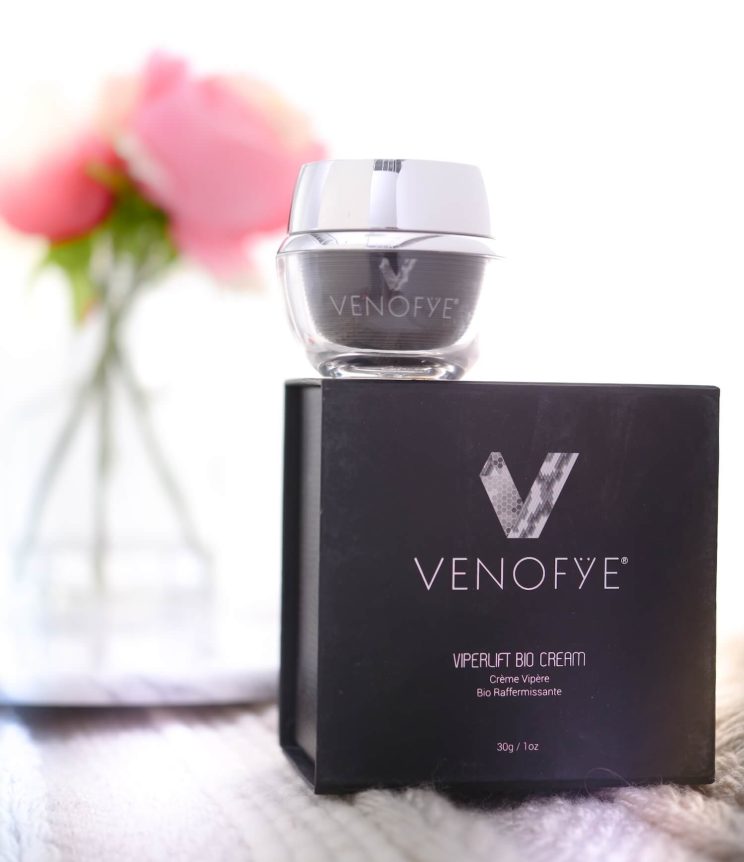
Your skin barrier sits on your skin’s outermost surface. It performs a few key roles, the first being to act as a form of defense, keeping environmental toxins and other impurities away from your skin’s deeper layers. Your skin barrier also helps with moisture retention. Remember the moisture loss we discussed above? The stronger and healthier your skin barrier is, the less this will occur.
This, along with the lack of humidity in the air, is another reason why moisture loss increases in the winter. The cold temperatures and harsh weather conditions easily damage the skin barrier, affecting its moisture retention abilities. One way to compensate for this is by ensuring that your skin is always moisturized. A moisturizer will form its own barrier over your skin’s natural one, leaving that natural barrier feeling reinforced and more capable of doing its job. A rich moisturizer with plenty of fatty acids, like the Venofye ViperLift Bio Cream, will do this well.
Once the warmer weather rolls around and the skin starts to feel more naturally hydrated, people often assume that they no longer need to pay attention to their skin barrier. This, unfortunately, isn’t the case. Instead, UV rays, pollution, and more wreak damage in the summer. Again, a moisturizer is the best way to keep your skin barrier feeling safe. However, with sebum production on the rise in warmer weather, a light and airy moisturizer is all you’ll likely need.
Boost Sun Protection If Needed
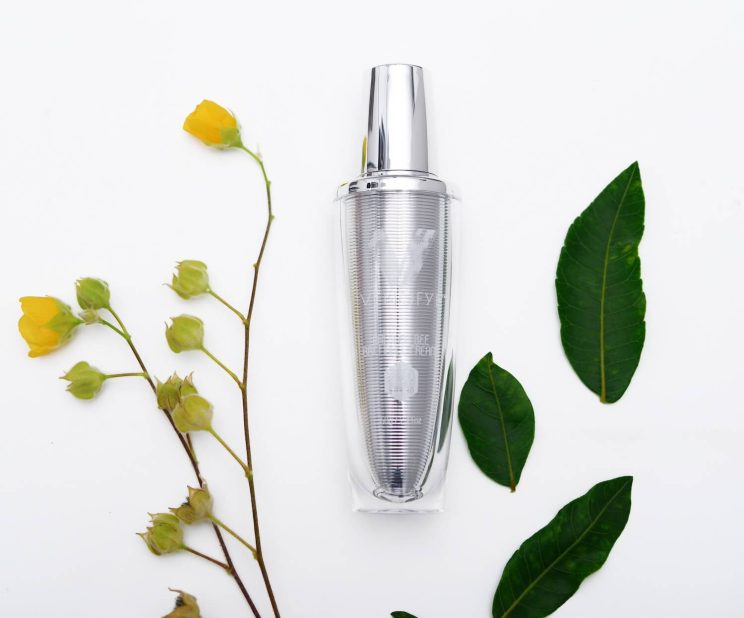
Sun protection should be a constant in your skincare routine year-round. With the sun’s UV rays capable of causing damage no matter the season, your skin needs to be protected every day of the year. Many think that they don’t need to use SPF in the winter, but this simply isn’t true. In fact, certain winter weather conditions, like snow and ice, reflect UV rays. This can magnify the amount of damage your skin receives.
With that said, there’s no denying that UV rays are stronger in the summer than they are in the winter. Therefore, the only change you may want to make is to upgrade to a higher SPF rating. SPF 30 is the recommended level of protection for most skin types, but those with sensitive or already damaged skin may benefit from a slightly higher SPF rating. For everyone else, an SPF 30 sunscreen, like the Venofye Orchard Bee Brilliance Cream SPF 30, will provide sufficient protection throughout the year, so long as you keep reapplying your sunscreen every two hours.
Another way to boost how protected from the sun your skin feels in the summer is to layer a vitamin C serum underneath your sunscreen. Research shows that this works particularly well with UVB rays, especially if you add vitamin E into the mix too. With the Venofye Blossom Bee Vitamin C Serum, this is easy. Not only does it contain two forms of vitamin C, but it’s also loaded with vitamin E, vitamin A, and several other antioxidant-rich botanicals.
Target Seasonal Skin Concerns With a Mask
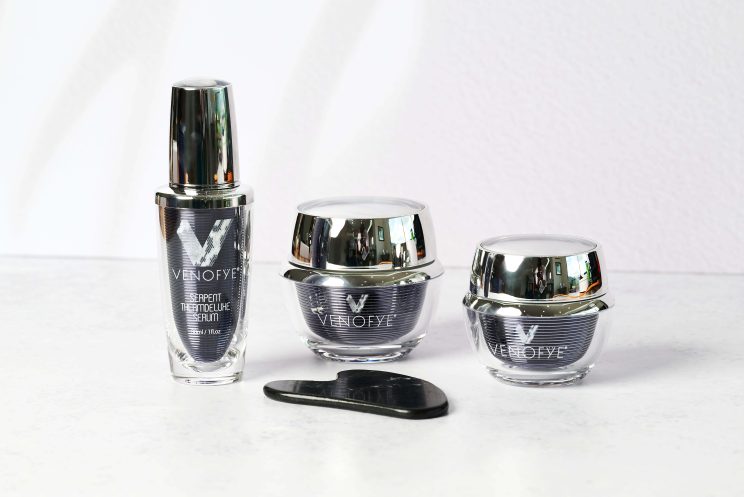
We’ve already discussed how a hydrating overnight mask can help to combat winter-induced skin dehydration. However, face masks can be useful seasonal skincare tools in other ways too. With masks featuring highly concentrated formulas, they’re capable of targeting specific visible skin concerns, which you can use to your advantage when you experience seasonal skin issues.
Take the Serpent Thermatox Mask as an example, which you’ll find in the Venofye Serpent Thermatox Collection. It’s a clay mask, making it a great one to use if your skin is feeling greasy and congested in the summer. It’s packed with antioxidants as well. These are useful for tackling the appearance of environmental damage, which is particularly problematic during the warmer months.
The Hydrating Neck & Chest Repairing Mask is another useful mask to have around. As you can tell from its name, this one is all about hydrating the neck and chest – areas of skin that are often neglected. Ideally, your entire skincare routine should not only be applied to your face, but to your decolletage too. This mask gives the area some extra TLC, leaving it looking smoother and more youthful.
Seasonal Skincare With Venofye
It’s so important to take the seasons into account when caring for your skin. Different environmental conditions trigger various changes in the skin. If you don’t cater to these changes, your complexion will suffer, and it can take a while to come back from that. Fortunately, seasonal skincare doesn’t need to be too complicated. Follow the advice that we’ve shared above when it comes to the different elements of your skincare routine, and you’ll soon be adapting your skincare products/techniques with the seasons just like a pro!
Click here to shop for more bestselling skincare products from Venofye.


0 comments on “How to Handle Seasonal Skin Changes”